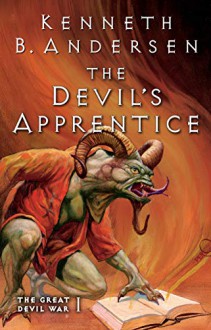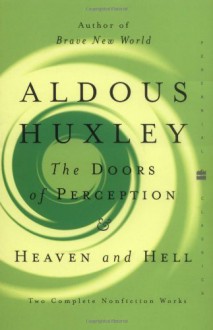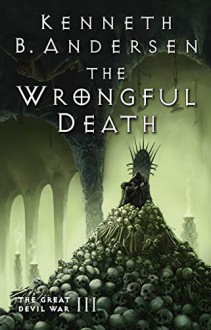
I am writing this review as a member of Rosie’s Book Review Team (authors, if you’re looking for reviews, I recommend you check her amazing site here), and I thank her and the author for providing me an ARC copy of this book that I freely chose to review.
This is a fun book. Written in the third-person form the point of view of Philip, a thirteen-year-old boy who lives with his mother and who lost his father when he was very young, this novel is suitable for younger readers and also for adults. If you have given up on new adult stories because of their heavy reliance on romance and low-grade erotica, you are safe with this book. Yes, there is a love interest, but the book is a great adventure first and foremost. Rather than a reluctant hero, we have here a reluctant villain (well, more or less). A tragic mistake makes Philip end up in a situation that is totally out of his comfort zone, and he has to undergo a training that I’m sure many boys and girls would take to like a duck to water, but not him. He has to learn to be bad, and it is a challenge.
There are some world-building and some wonderful descriptions (of locations, like Lucifer’s castle, a church with a very interesting graveyard, the doors of Hell…), but it is not excessively complex, and it does not slow down the adventures. Philip, like the readers, is totally new to this place, and his descriptions help us share in his adventures more fully. He gets a variety of guides and people explaining how things work there: Grumblebeard, the hospitable devil guarding the doors of Hell, Lucifax (Lucifer’s wonderful cat), Satina (a young female demon and a Tempter) and Lucifer in person (in demon?). Everything is dark and night (people do not wish each other good day, but good night, you don’t write in a diary, but in a nightary…) everywhere, there are many types of demons, each one with his own characteristics and roles to play, and bad humans (and there are a few not-unexpected jokes about politicians, although some of the others who end up in hell might be a bit more surprising) get punished in many different ways, but Hell itself is a place where demons go about their daily lives, have their jobs, go to school, get married, tend to their gardens… It is a place full of dangers but also full of interest, and Philip gets to experience plenty of new things, not all bad.
The book’s view of Heaven, Hell and moral issues is far from orthodox. Personally, I did not find it irreverent, but it is a matter of personal opinion. Even though I did not necessarily agree with all the views exposed, these are issues well-worth thinking and talking about and I am sure those who read the novel will feel the same. I enjoyed the sense of humour, and I liked most of the characters, from the secondary ones (I’ve already said I love Lucifax, but I grew fond of most, from the cook to Death himself), to the main protagonists, like Lucifer, wonderful Satina, and Philip. He is not perfect (well, he is perhaps too perfect to begin with, and then he turns… but I won’t spoil the book for you), and he learns important lessons on the way, and he is not the only one. Although I felt at first that some of the changes that take place in the book stretch the imagination, when I thought more about it, time in Hell moves at a different pace, and for a character who is as inflexible and extreme as Philip, for whom everything is black or white —at least to begin with— the process he goes through makes sense. And by the end of the novel, he has become more human and more humane.
The book is a page-turner, there are heroes and villains (or baddies and really evil characters), a few secrets, betrayals, red-herrings, tricks and deceits, an assassination attempt, and a mystery that will keep readers intrigued. And a great final twist. (Yes and a fantastic ending. I had an inkling about it and about some other aspects of the plot, but the beauty is in how well they are resolved). The novel is well-written, flows well, with a language of a level of complexity that should suit adults as well as younger readers, and it managed to make me care for the characters and want to keep reading their adventures.
A few quotes to give you a taster of the style of the pitch of the book.
“Let that be your first lesson, Philip. Down here, humor is always dark.”
“God and the Devil roll dice at the birth of every human being,” the cat explained. “A one-hundred-sided die determines the degree of evil or goodness in each person. The results fix the nature of each individual.”
I particularly loved this accusation addressed at Philip:
“You look like a devil, but you’re not one. You are nothing but a sheep in wolf’s clothing.”
I am not surprised that this book is a popular read in Denmark. I expect it will do well in its English version too. And I’ll be eagerly waiting for the adaptation to the screen. I recommend it to anybody who enjoys well-written YA books in the fantasy genre, without an excessive emphasis on world building, who don’t mind some creepy and dark elements and appreciate a good dose of dark humour. I have a copy of the second book as well, and I can’t wait to see what Philip and his underworld friends get up to next.


 Log in with Facebook
Log in with Facebook 








